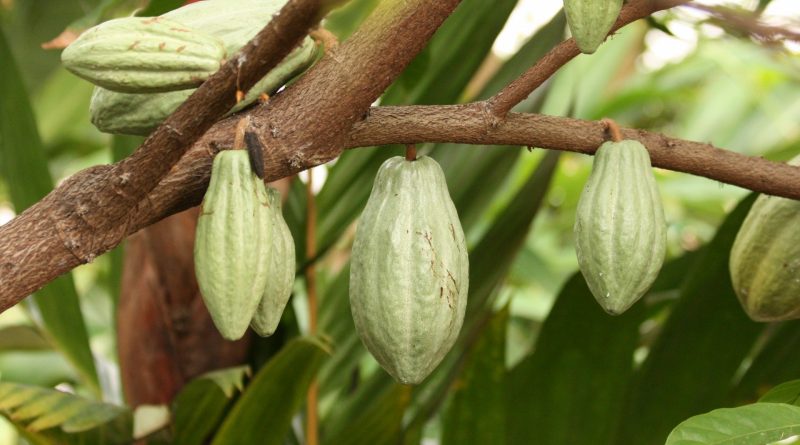Startup, Blockchain, Chocolate, Sustainability. Here’s Proof that it Works.
A new generation of younger, more sustainable-minded consumers who care about the environment and are socially-conscious are gradually emerging as the dominant spending demographic in the market. Buzzwords like sustainable, green, socially conscious, cruelty-free, fair trade and locally sourced are increasingly becoming the norm in supermarket aisles. In fact, ethical products as a category are growing tremendously sales-wise, generating a whopping US$114 billion in 2018, which is a 29% increase over five years. Consider that products marketed as sustainable are outperforming their counterparts in sales as well, growing at a rate that is approximately 5.6 times faster.
So, how does blockchain and chocolate come into play for sustainability, fair trade, and being socially-conscious? Well, chocolate is a food that is beloved worldwide and is a massive global industry that is steadily growing, generating at least US$50 billion a year in sales. However, the chocolate industry is not without its problems: it can be environmentally destructive, its system is opaque due to control by middlemen, and child labor in cocoa harvesting is a controversial issue, particularly in West Africa which supplies 69% of the world’s cocoa.
Enter The Other Bar, a chocolate startup pilot program that is backed by the United Nations Development Program. The Other Bar operates a unique business model which it describes as “an experiment in Radical Equality, designed to take a bite out of poverty through the simple act of buying a chocolate bar”. A big component of their business model is the blockchain-backed token which, according to The Other Bar, gives consumers the choice of spending their token on a cocoa tree, which then allows them to see exactly how much the farmer was paid for the cocoa in their chocolate bar and the exact GPS location of the cocoa tree that the token buys. All of their chocolate is produced in Ecuador at an independently-owned factory which, according to the startup, leads to higher wages for farmers, more trees, and more jobs, training, skills and opportunities for the people.
How it works goes like this: Every bar of chocolate sold by The Other Bar startup comes with a code in the packaging that can be scanned for a single blockchain-backed token. The consumer then has a choice of either sending the token to a farmer in Ecuador who produced the chocolate, or they can use it as a discount on their next purchase. The consumer can elect to donate as well, in which case the donations will be channeled to a local cocoa farmer’s association, which will use the funds to plant more cocoa trees. It is also noteworthy that the value of the tokens is funded by money that would have otherwise gone towards marketing purposes.
Guido Van Staveren van Dijk, the founder of FairChain Foundation and whose organization’s blockchain-based model for monitoring coffee production inspired The Other Bar’s own blockchain pilot program, believes that what the chocolate startup is doing is actually bringing real tangible benefits for the farmers – The Other Bar ensures that all farmers are paid prices that meet real income needs – and fueling genuine consumer interest.
“It’s a performance-based model that delivers quantifiable proof that a plant has been bought, planted, grown and generated money for the farmer,” said van Staveren van Dijk. “Because everything is on the blockchain, consumers can see this radical transparency in action.”
Right now The Other Bar startup is in the pilot phase. However, in this digital age and with the help of blockchain, consumers can quickly access information about the chocolate they eat, such as the amount the farmer was paid for the cocoa in the chocolate bar, and the GPS location of the cocoa tree that the token buys. With the way the chocolate startup is benefitting local farmers while promoting sustainability and making consumers feel good about it, they are proving that blockchain technology can be applied for boosting sustainable production and commerce.

